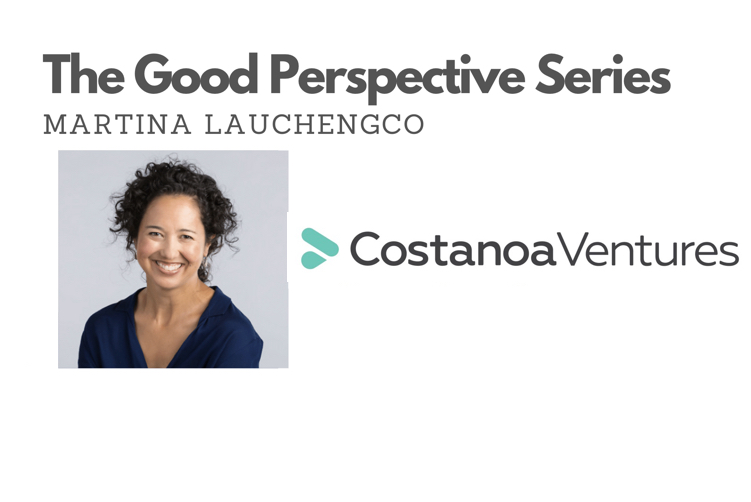An Insider’s Look at How Start-Ups Are Thinking About Hiring in a COVID Era

From building and maintaining a healthy remote culture to getting comfortable hiring a person you’ve never actually met face to face, the present pandemic is pushing founders in new directions.
Chief among these is hiring. How will hiring now take place? Can you migrate your interview process to be remote – and still align with your values? Will founders assess candidates differently? Are there other qualities that will rise in importance as more talent becomes available on the market?
Costanoa Ventures Operating Partner Martina Lauchengco has been talking to founders regularly since the crisis began. Here’s the inside scoop on what they’ve been discussing – and what it means for candidates.
Founders will look for signals you can handle the tough stuff.
Expect more questions in interviews to understand how you’ll operate in an unusually unsteady environment. “It takes a certain amount of optimism and risk tolerance to hold steady in a time of market and demand uncertainty,” remarked Lauchengco. “Founders are going to look for people who can convey their ability to adapt and adjust because they have confidence in their own value and in the goal they’re moving toward.”
They’ll go deep on your references.
References have always been important, of course, but now you can be sure hiring managers are going to be very, very thorough. They’ll probe on how you handle uncertainty, perhaps see if you skew more toward pessimism than optimism, and try to understand how you handle direct confrontation.
“When times are more challenging, founders become incredibly judicious about hiring,” Lauchengco said. “Finding and onboarding talent is difficult, time consuming and expensive. They’re going to take the time to make sure you’re really the right fit.”
New skills are needed to be a first-round pick.
The genius jerk trope is on its way out, says Lauchengco. Founders are starting to recognize that one A+ player who is difficult but technically amazing may still not be as good as a bunch of solid B players with incredible collaboration skills. They’re more dedicated, easier to work with, and happy to push hard for the good of the team.
“This is definitely a time where founders are ultra high on collaboration skills,” she noted. “These might manifest even in small, simple ways as consistently logging in Jira or being super communicative on Slack.”
Candidates should spend time in advance of an interview thinking of clear-cut examples that unequivocally underscore their ability to be collaborative.
Don’t assume companies aren’t hiring.
It’s true the near-term economic picture isn’t a rosy one. But whether they’re new roles or simple backfills of critical positions, many companies still have to hire. Many founders will be looking for the fastest path to finding real quality – and that can mean poaching the friend they’ve always wanted to work with or tapping their employees to ask for referrals. Candidates can try to inject themselves into this process by closely examining their networks, seeing what companies sound interesting, and asking their contacts for warm intros.
“One thing to note is that your past work is the clearest signal you can send about the type of employee you’d be,” said Lauchengco. “Practically, it’s going to be pretty challenging to switch industries for that reason. You may want to stick closely with your experience base for awhile.”
Sure, try a bootcamp but be picky.
Let’s say you do want to expand your skills or switch careers. Lauchengco says a bootcamp or short-term technical program is still a viable option. “You will want to be highly selective as you choose the right option for you,” she said. “Look for a program that has a professional mentor and where you can do real work for real companies as part of the commitment. Hold that bootcamp up to a high bar.”
She advised prioritizing those programs that offer a 100 percent job guarantee at the end because they’re confident they can deliver.
Recovery is ultimately down the road. But until then, candidates will need to double down on showcasing their optimism, collaboration and flexibility to stand out in an uncertain time. If they do that, Lauchengco notes, the chances for hiring success improve significantly.